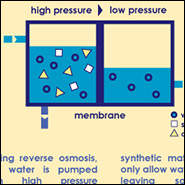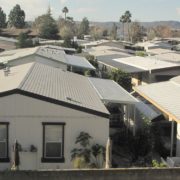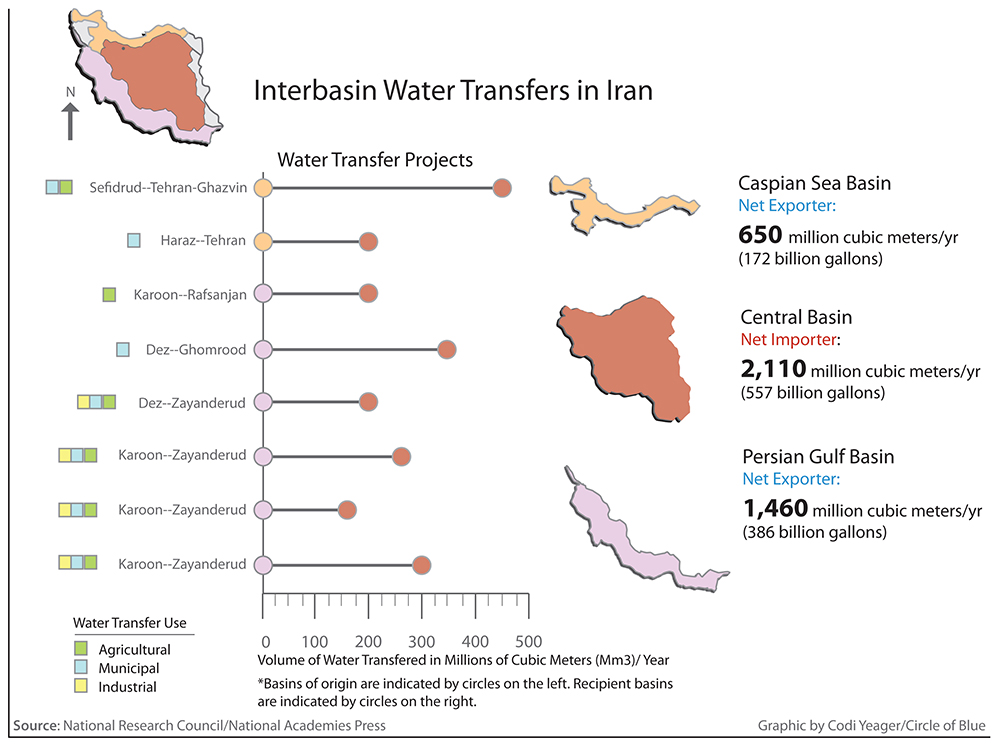Peter Gleick: Doing Desalination Wrong: Poseidon on the Public Dole
Many people believe that desalination of seawater is the ultimate solution to California (and the planet’s) water problems. I’ve written about desalination in previous posts (see here and here), and have made it clear that I love the idea. In theory. And in select locations.
In practice, however, desalination in California is an idea whose time has not yet come. It remains too expensive, compared to untapped conservation and efficiency, recycled water, capturing stormwater, and smart trades with agriculture. The Institute wrote about the pros and cons of desalination in one of our most downloaded studies.
Even worse, the first effort to build a major desalination facility for urban water supply in California, by the private group Poseidon Resources, is poorly designed, badly financed, and environmentally unsatisfactory. It is going to become the new case study in how NOT to do desalination, replacing the previous case study (also of a Poseidon effort) of how not to do desalination – Tampa Bay, Florida.
What is the latest problem? The money. The desperate drive to do a desalination project in California is leading to a set of financial travesties. Despite their initial claim that Poseidon would bear all of the financial burden and risk associated with the private plan to desalinate ocean water at an old power plant in Carlsbad and sell it to public water agencies, Poseidon now says it needs massive public subsidies. Here are two of them.
Water Number: Poseidon wants at least $530 million in tax-free state bonds for Carlsbad, and they want a $250 per acre-foot per year subsidy from the Metropolitan Water District (MWD). These are both huge public subsidies to fund a private project designed to produce profits for private investors. Interestingly, Poseidon originally said the plant would cost around $270 million. It now appears that it will cost at least twice that, with the public bearing substantial costs.
This week, Poseidon Resources announced that it would request an extra $50 million (raising their total request to at least $530 million) in tax-free Private Activity Bonds to finance the project. Every year, the California Debt Limit Allocation Committee apportions the state’s limited allocation of tax-free bonds to proposed projects. Typically, projects such as the desalination plant in Carlsbad can only receive $100 million in funding in a year, and most of this money is supposed to pay for low-income housing, not private water developments.
The second subsidy would take as much as $350 million over 25 years from the MWD and give it to the private company so they can sell water that wouldn’t otherwise be cost-effective. Yet the water will not reduce the region’s dependence on outside sources, as supposedly required. In fact, the proposed contract insists that desalinated water not be used to displace State Water Project or Colorado River Water. This is another travesty. At their November 9 and 10 meeting MWD will decide on the requested subsidy for Poseidon. All of this comes despite the Poseidon’s claim on their website that there will be “no expense to the region’s taxpayers.”
Sadly, at the same time that MWD is poised to approve this gift, they appear to be on the verge of eliminating a comparable offer to water conservation and efficiency improvements that can produce more water at far lower cost.
Why isn’t this MWD subsidy being used instead to pay for water-efficiency improvements? The massive MWD subsidy would pay for thousands of waterless urinals, high-efficiency toilets, California-appropriate landscaping to replace lawns, and other efficiency measures in homes, businesses, and public buildings. As one example, a southern California water advocacy group has estimated that for $187 million, the same amount of water could be saved simply by replacing urinals in the region with waterless ones. Even more important, this would reduce energy demands (rather than increase them with energy-intensive desalination), add far more jobs than Carlsbad, reduce wastewater treatment needs, and not kill fish, among other benefits.
MWD should reject the request for a subsidy, and the Debt Limit Allocation Committee should decline the request for tax-free bonds. The Emperor has no clothes. Everyone I talk to in private knows this, but no one seems willing to say it in public. Let me: The Emperor (or in this case, the god Poseidon) has no clothes. Butt naked. Maybe MWD should vote on the subsidy in a secret ballot, so Board members can vote their conscience without retribution. “We will commence construction activity by Nov. 14,” a spokesman for Poseidon says. Fine. If they have all the permits, let them build it without public subsidies and prove to us that it is really a viable, environmentally sound, and fiscally feasible project.
Peter Gleick
Dr. Gleick’s blog posts are provided in cooperation with the SFGate. Previous posts can be found here.










It seems I have missed the point entirely about the growth and everything. Thanks for writing this.